“Good teaching is more a giving of right questions than a giving of right answers.” – Josef Albers
The way teachers have changed their conventional teaching methods in recent years is noteworthy; it’s a practice of eras and ages. We sure learn a lot at home, but they are mostly necessary life skills, it’s always those inspirational figures, they allow us to see beyond ourselves. Teachers are our idols; we look up to them; we aspire to become who they are. They encourage us to understand our potential, and they make us believe in ourselves. In addition to the upcoming National Teacher’s Day, here’s a list of 10 Teachers Who Made a Revolution in the Teaching World.
Dr Sarvepalli Radhakrishnan (5 September 1888 – 17 April 1975)
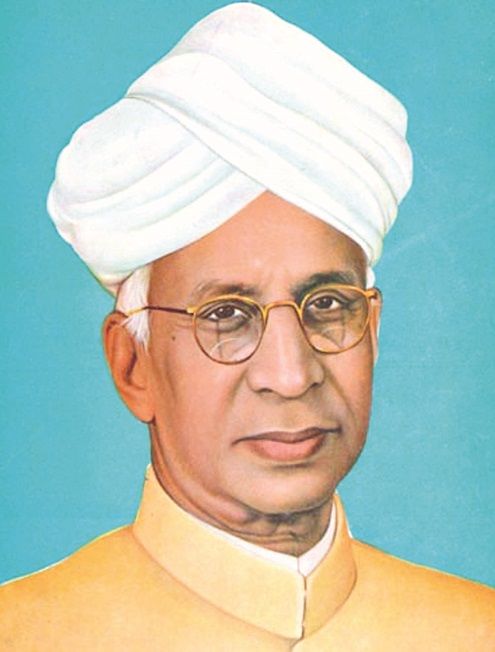
The man himself- In India, we celebrate Teacher’s Day on his Birthday. He was the first vice president and the 2nd president of India. He was honoured with the highest civilian award in India (Bharat Ratna) in 1954. This inspirational figure earned respect in the east as well as in the west for his contribution to the formation of “Contemporary Hindu Identity”. His commentaries on Bhagavad Gita, Upanishads and Bramha Sutra are flawless and impactful.
Albert Einstein (14 March 1879 – 18 April 1955)
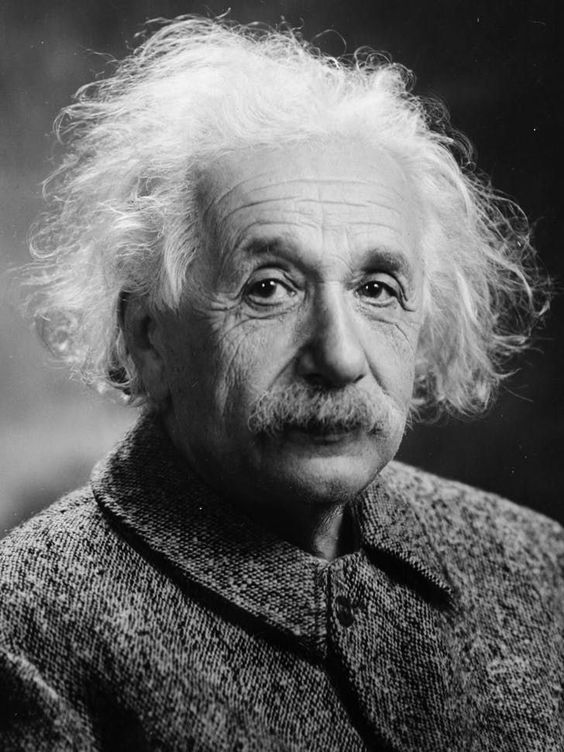
Theoretical Physicist, Author and a Teacher, Albert Einstein is a household name for everyone, especially for those pursuing Science. He is best known for his contributions to the field of general and special relativity. This inspirational German figure published his work on the general theory of relativity in 1915, and it is still regarded as the most significant concept that was developed in modern-day physics. He was also awarded the Nobel Prize in Physics in 1921. He has changed the way we look at Science.
Stephen Hawking (8 January 1942 – 14 March 2018)
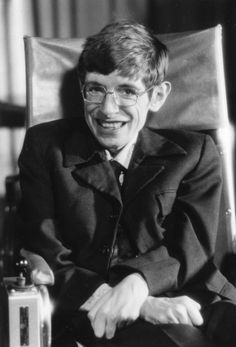
This English theoretical physicist, cosmologist, and author is best known for his popular science books like ‘A Brief History of Time.’ Hawking was diagnosed with an early-onset slow-progressing form of motor neurone disease (also known as amyotrophic lateral sclerosis (ALS) or Lou Gehrig’s disease). That didn’t stop him from becoming the pioneer in modern-day researches about “Time and Space”. He gradually became paralyzed, but he was able to communicate with a unique speech-generating device. In Cambridge October 1962, he obtained his PhD degree in applied mathematics and theoretical physics, specializing in general relativity and cosmology in March 1966. He was the director of research at the Centre for Theoretical Cosmology at the University of Cambridge at the time of his death in 2018.
Savitribai Phule (3 January 1831 – 10 March 1897)
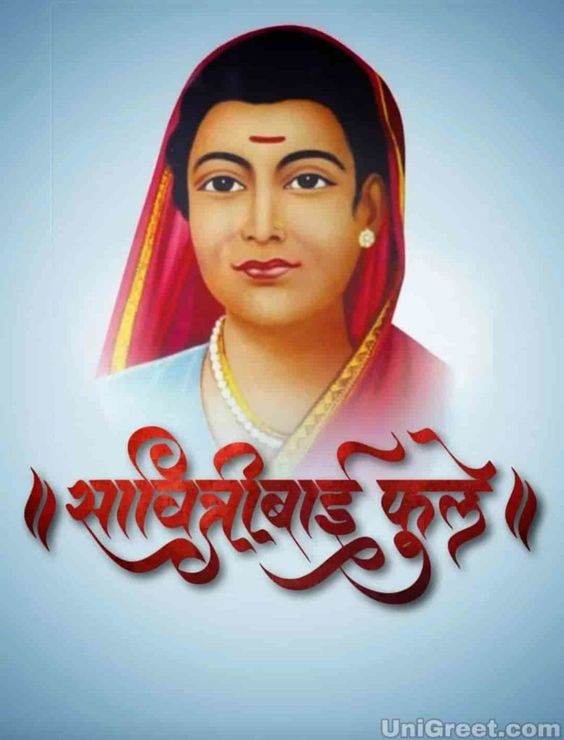
Leading social reformer, the first-ever woman teacher in India, Phule is known for standing for women’s rights during the British rule in India. Building 18 schools throughout India, encouraging women education, she also worked towards preventing female infanticide, the killing of widows, and all the causes that undermined the existence of women- Phule was quite revolutionary in many ways. She was one of the best-known leaders in 19th century India.
Melvin B. Tolson (6 February 1898 – 29 August 1966)
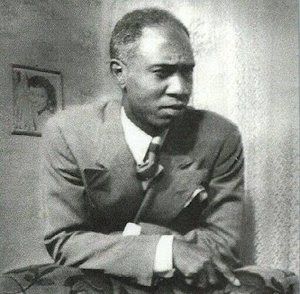
Melvin B. Tolson, an American poet and educator, built an award-winning debate team at the historically black Wiley College in Texas, which he led as they participated in the first known interracial college debates against white colleges in the South of the United States. His contributions might have gone underrated, but that does not make them any less significant.
Anne Sullivan (14 April 1866 – 20 October 1936)
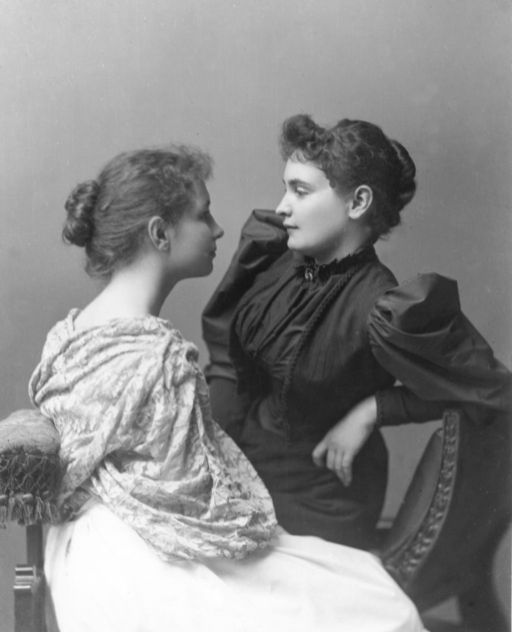
Anne Sullivan, an American teacher, instructor and lifelong companion of Helen Keller might not be a household name for everyone. Still, her contributions have significantly impacted on the education of deaf and blind children all over the world. During a lesson with Keller, Sullivan finger-spelt the word ‘water’ on one of Keller’s hands as she ran water over her student’s other hand. The method worked, and she discovered a way to teach her blind and deaf student how to spell. Sullivan helped Keller pursue higher education at Radcliffe College; as a result, Keller became the first deaf-blind person to graduate from college.
Neil deGrasse Tyson (5 October 1958 – )
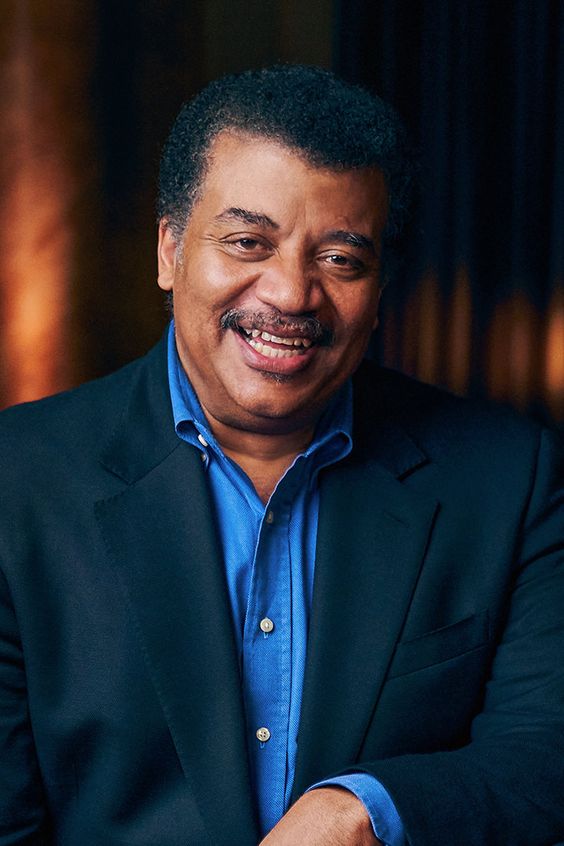
Neil deGrasse Tyson is an American astrophysicist and science communicator, also the director of the Hayden Planetarium and a visiting research scientist and lecturer at Princeton. He is best known for his YouTube videos that promote self-learning, and it is quite a revolutionary method to create more awareness amongst students to be more independent and curious about all things around us.
Marie Curie (7 November 1867 – 4 July 1934)
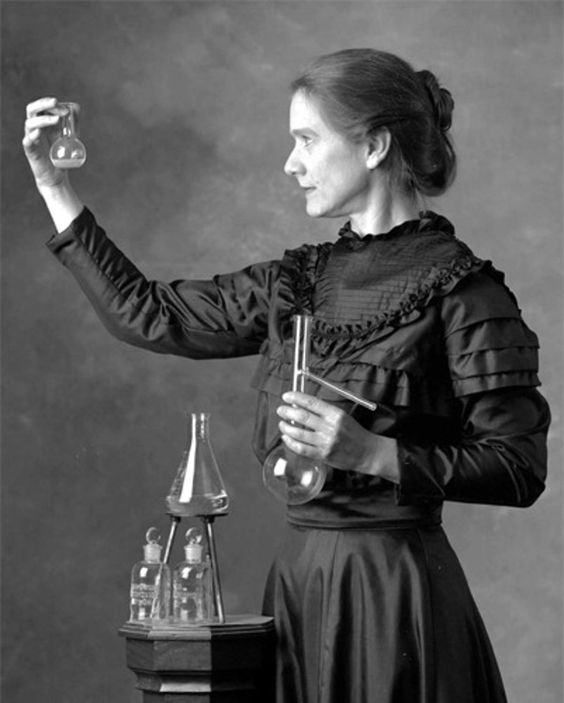
This polish-born, French naturalist female scientist is the first woman and the only woman to win the Nobel prize twice in two scientific fields. Not many know that she taught mathematics and physics in her early years. She conducted the pioneering research on radioactivity and discovered Polonium which she named after her native country. The legacy this woman has left behind is incredible and inspirational to this very day.
Aristotle (385 BC – 323 BC)
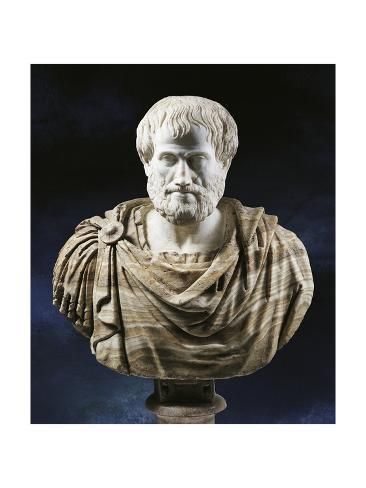
Aristotle is a famous philosopher and scientist from Greece. He is considered to be the “Father of Western Philosophy”. In 335 B.C., he founded his school in Athens, where he spent most of his life teaching and writing. His contributions reflected in modern math, physics, biology, politics are exceptional. He is also known as the Father of Zoology, where he classified the living organisms. Even after 2300 years, his contributions remain influential!
Sir Isaac Newton (25 December 1642 – 31 March 1727)
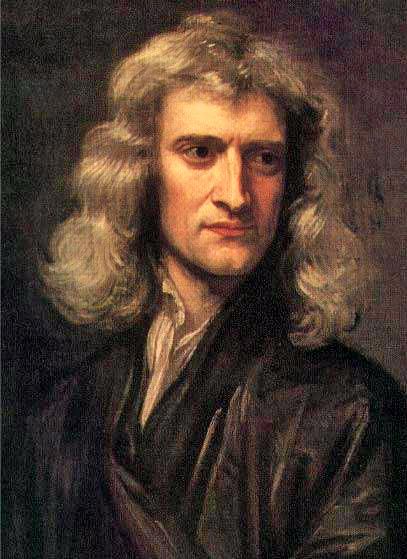
Last but not least, Sir Isaac Newton was a teacher, mathematician, and physicist. He established the theory of gravity and was the first to discover that white light is made up of a spectrum of colours. The ‘Principia’ was a result of Newton’s valuable research. It was first published in 1687 and established the foundation for classical mechanics. That book changed the way people perceived the world till then, and it continues to be the keystone of non-relativistic technologies in the world.
If you want to say “Thank You” to your favourite teacher with a handpicked token of gratitude, check out our exclusive Teacher’s Day Catalogue
That was quite an informative read, wasn’t it? Now, with the approaching festive season, have you decided on your accessories yet? Here’s a Blog Post that will help you with that – Dazzle the Festive Season with these 10 Designer Jewellery Picks




No Comments